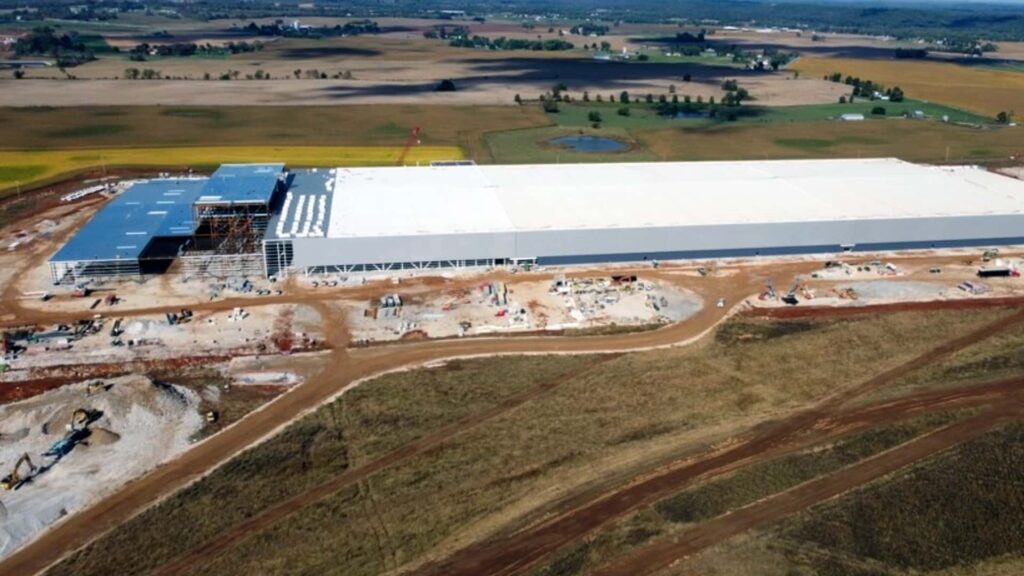Automotive Energy Supply Corp. (AESC), a Chinese-owned battery manufacturer, had ambitious plans to build two new battery manufacturing facilities in the United States. The company was investing a substantial $3.6 billion in these plants, located in Kentucky and South Carolina. However, construction has been halted on both projects due to various challenges.
One significant factor contributing to the decision to stop construction was the introduction of import tariffs, which made importing necessary machinery from China much more expensive. With machinery subject to a 145% tariff, AESC faced significant financial hurdles. Additionally, the company reportedly rushed construction, leading to costly changes that further delayed progress.
Despite securing over $150 million in public funding and landing contracts with automakers like Mercedes-Benz and BMW, AESC has scaled back its plans in the U.S. Instead of focusing solely on EV battery production, the company has repurposed its existing Tennessee plant to produce industrial energy solutions. This shift in focus reflects the cooling demand for EVs in the U.S. and policy changes that have impacted the industry.
To secure additional funds and complete construction on the halted facilities, AESC is exploring options such as securing a loan. The South Carolina factory, which is intended to supply BMW’s upcoming EV manufacturing plant, is a key priority for the company. Despite the setbacks, AESC remains committed to completing the factories and providing manufacturing jobs to thousands of individuals.
The decision to halt construction on the U.S. battery manufacturing facilities is part of a larger trend in the industry. According to reports, $6 billion in battery manufacturing plans were scrapped in the first quarter of 2025, signaling challenges for the sector. Policy changes, including the proposed elimination of the EV federal tax credit, have created uncertainty for manufacturers and could impact the growth of the EV market in the U.S.
Senator Ron Wyden expressed concern about the potential impact on manufacturing jobs, highlighting the risks associated with cancellations of projects across the country. The shift away from EV incentives and support measures could have far-reaching implications for the industry and the economy.
Overall, the decision to halt construction on the AESC battery manufacturing facilities underscores the challenges facing the EV sector in the U.S. Despite setbacks, the company remains focused on completing the projects and contributing to the development of the EV supply chain. The industry will continue to navigate policy changes and market dynamics as it works towards a sustainable future for electric vehicles.

